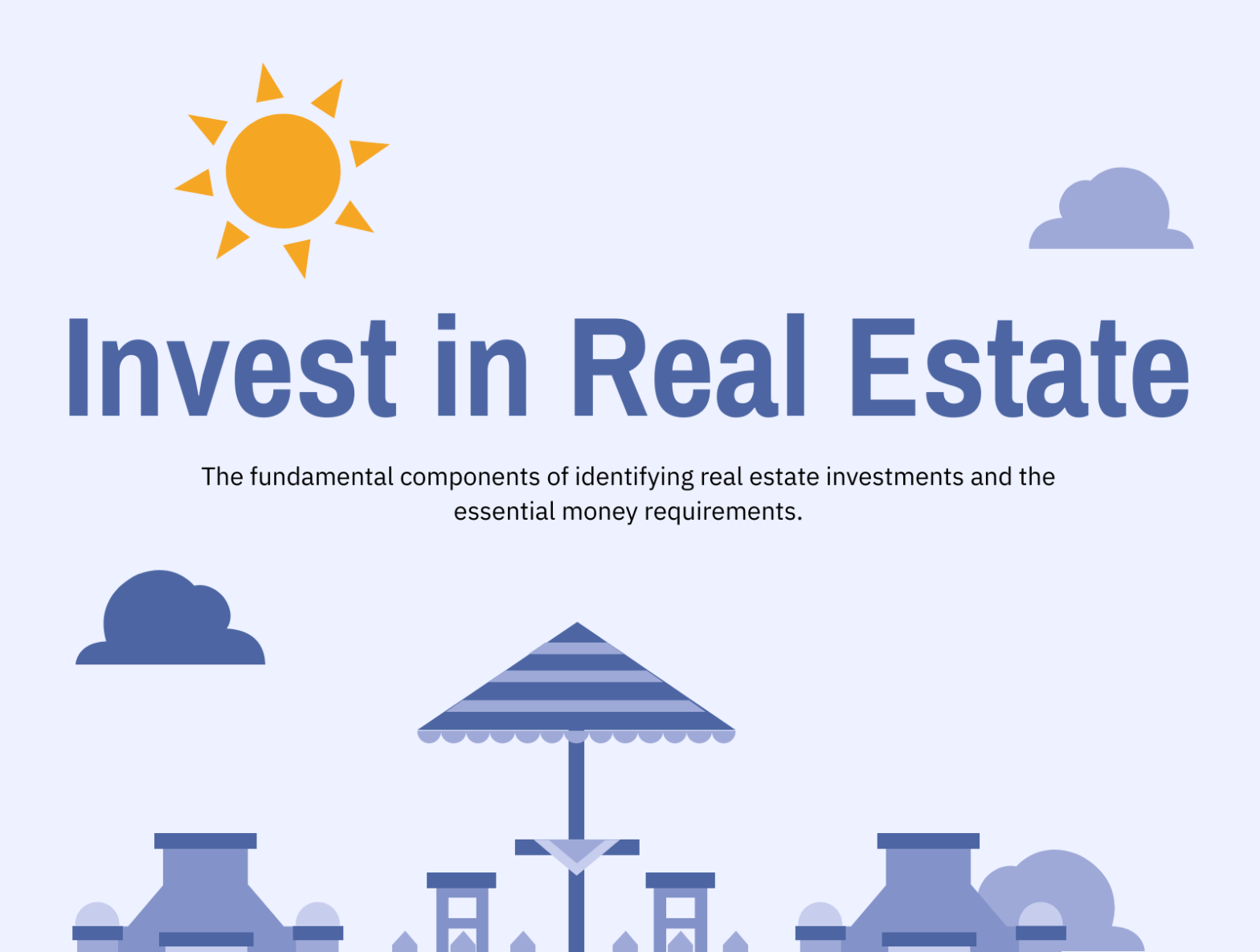Four Essential Steps to Invest in Real Estate
When considering investments, there are options all around you. Many of us think about the stock market, mutual funds, and a 401k as the immediate answers. Others will look at investing in collectibles such as cars, motorcycles, bicycles, antiques and stamps. Or, still there are those who look at the toy market and other merchandise that created huge consumer interest. Most people see real estate as investing that is reserved for the wealthy.
Not true.
Yes, you have to have the ability to get a loan and have some amount of cash available. Nothing is free. There is no such thing as a zero cost investment. But investing in real estate is available to everyone, but not everyone should invest in it. Before you jump into the ocean of properties and look around for one that you can purchase, make sure you understand the fundamentals.
Resources are Available for all Experience Levels
Many people don’t know where to look, but there are investing resources everywhere. In addition to online resources such as these, there are local meetups of real estate investor associations (REIAs). These are designed to help new investors to seasoned investors create relationships, share knowledge, and occasionally find someone who wants to partner on deals.
- BiggerPockets
- Investopedia
- TheBalance
- ThePennyHoarder
- Mashvisor
- and so many, many, many more…!
We would strongly recommend that you immerse yourself into some form of education. But be sure you research the source of that education. There are always “you can do this for no money and make a ton of money” sales pitches out there. Sorry, there’s no such thing as a no money investment. You need education that goes beyond a simple video or two. There are guides and tips to help you get started, but you need more. You need to align yourself with experts. Networking with attorneys, lenders, contractors, property management groups, realtors and oh, other investors, is critical. These will all be resources to help you learn how, when, where and what to invest.
Essential Parts of a Real Estate Investment
Before you run off to a REIA meeting or start diving into online classes and swimming in the sea of YouTube videos – here is a quick guide to the four essential steps in real estate investing. (At least the acquisition portion of an investment.)
Starting Your Investment Path
To get started in real estate investing, you need to know your market. Without the knowledge of market values for resale or rent of a property (residential or commercial) you won’t know how to buy. Second, you have to understand the difference between comparable properties (or income properties for commercial) in order to properly assess the future market value. Third is the determination of capital to invest after purchase. No property is without some form of deferred maintenance. Or, maybe you want to “flip” (resale) the property – what are you doing that will make it more valuable than other homes in the market area you targeted? And last, know your full use of capital. Not just the purchase costs and rehab monies, but your holding costs. As well as your loan amounts and interest rates. And finally, your sales commission, transfer tax, marketing and staging fees.
Exit Strategy
It is just as important to know how you plan to get out of the investment as it is to know how to get into one. If you plan to buy and hold the property for rental, this will dictate the renovation (repairs) that you assign capital to and when. If you choose to “flip” the property, your rehab investment will expectedly be higher as you will be focused on creating new intrinsic value that is going to support a higher valuation for appraisal (and support your sales price). Just as you need to know your market, you need to know what strategy is best suited to that market.
Questions? Let me know. This is just an overview of the approach to purchase. There is much more to the investment path and we would be happy to help you learn. Or, maybe you have a property that you want to sell or wholesale (which is another topic). We would be happy to discuss either.
Thanks,
g.


